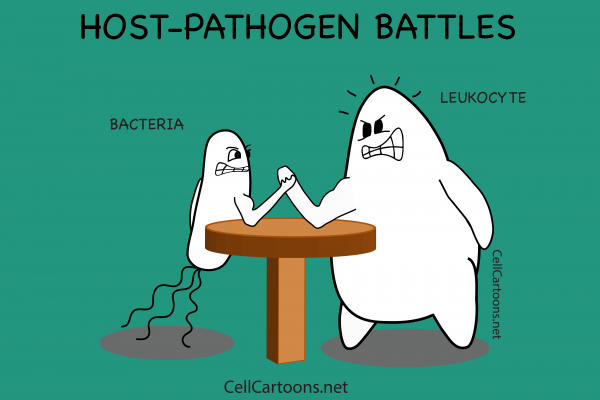Thursday 4th September
TODAY WE ARE
LEARNING ABOUT
LEARNING ABOUT
TODAY'S
KEY WORDS ARE
KEY WORDS ARE

Memory Anchor:

YOU WILL SHOW
YOUR LEARNING BY...
YOUR LEARNING BY...
Super Challenge:
Stretch:
Challenge:
Key Questions:
- What are pathogens?
- Pathogens are microorganisms that cause infectious disease.
- What are the humans natural defence systems against pathogens?
- The humans natural defence systems against pathogens are the skin, nose, stomach, trachea and bronchi.
- What is the role of the immune system in the defence against disease?
- The role of the immune system in the defence against disease is to detect and destroy pathogens that enter the body's blood stream.
- How does the immune system respond if a pathogen enters the body?
- If a pathogens enters the body the immune system tries to destroy the pathogen
- How do white blood cells help to defend against pathogens? (give 3 ways)
- White blood Cells help to defend against pathogens by: - phagocytosis - antibody production - antitoxin production.
- How do the different pathogens spread in animals and plants?
- Pathogens can be spread in plants and animals through direct contact, by water or through the air.
- How can the spread of diseases be reduced or prevented?
- The spread of pathogens can be reduced or prevented through simple hygiene (covering the mouth when coughing or washing hands), isolation of infected individuals, destroying vectors (such as mosquitoes carrying malaria) or vaccination.
- What four categories can pathogens fall into?
- Pathogens may be viruses, bacteria, protists or fungi.
- What can pathogens infect and how are they spread?
- Pathogens may infect plants or animals and can be spread by direct contact, by water or by air.
- What do bacteria and viruses do once inside the body?
- Bacteria and viruses may reproduce rapidly inside the body.
- How do bacteria make us feel ill?
- Bacteria may produce poisons (toxins) that damage tissues and make us feel ill.
- How do viruses cause damage to the cells?
- Viruses live and reproduce inside Cells, causing Cell damage.
